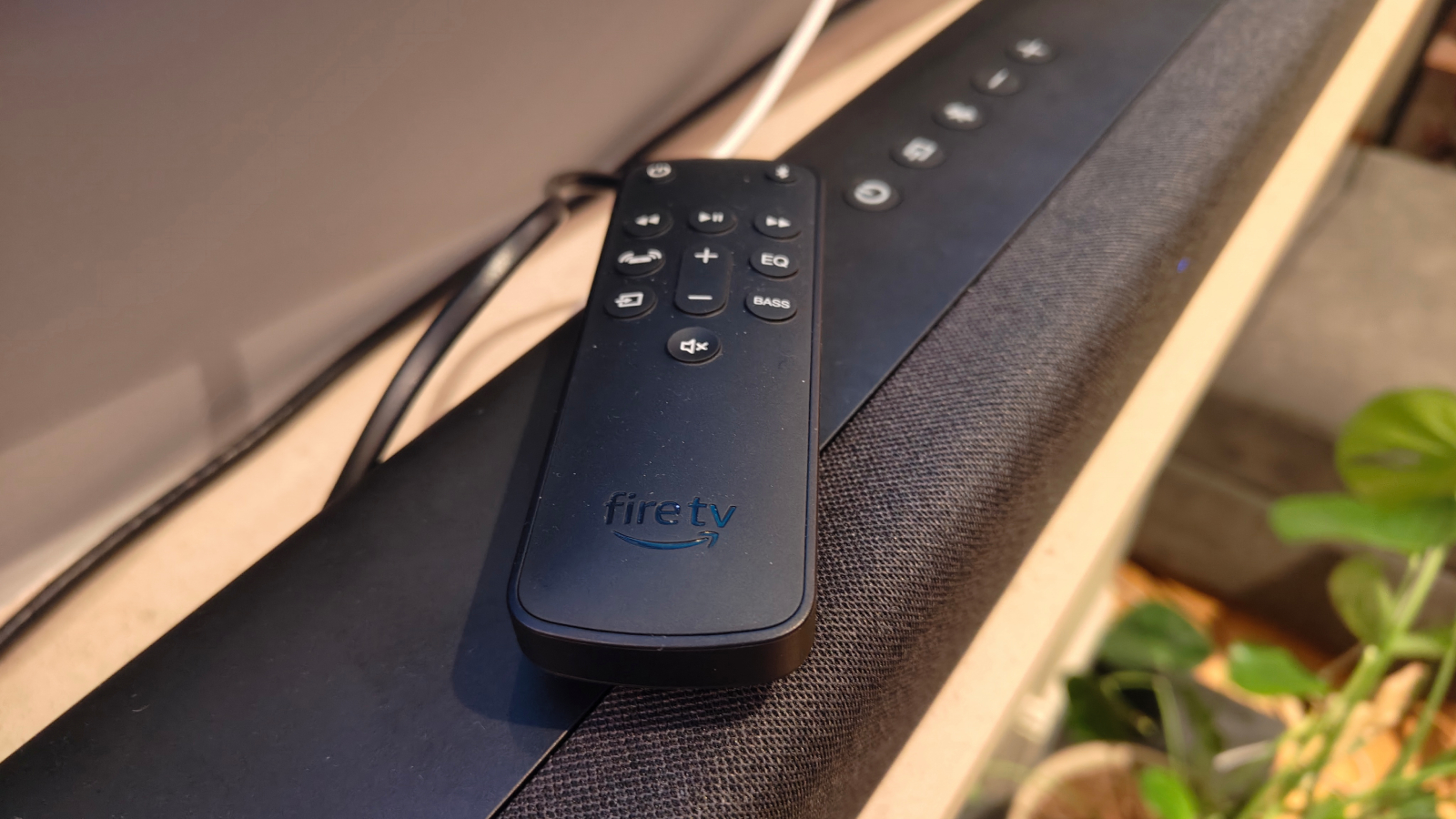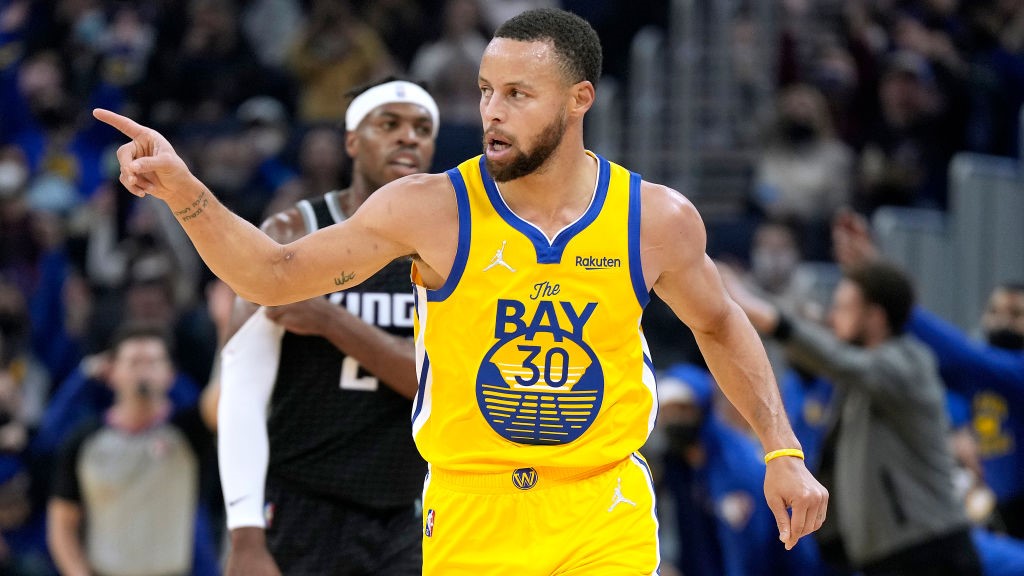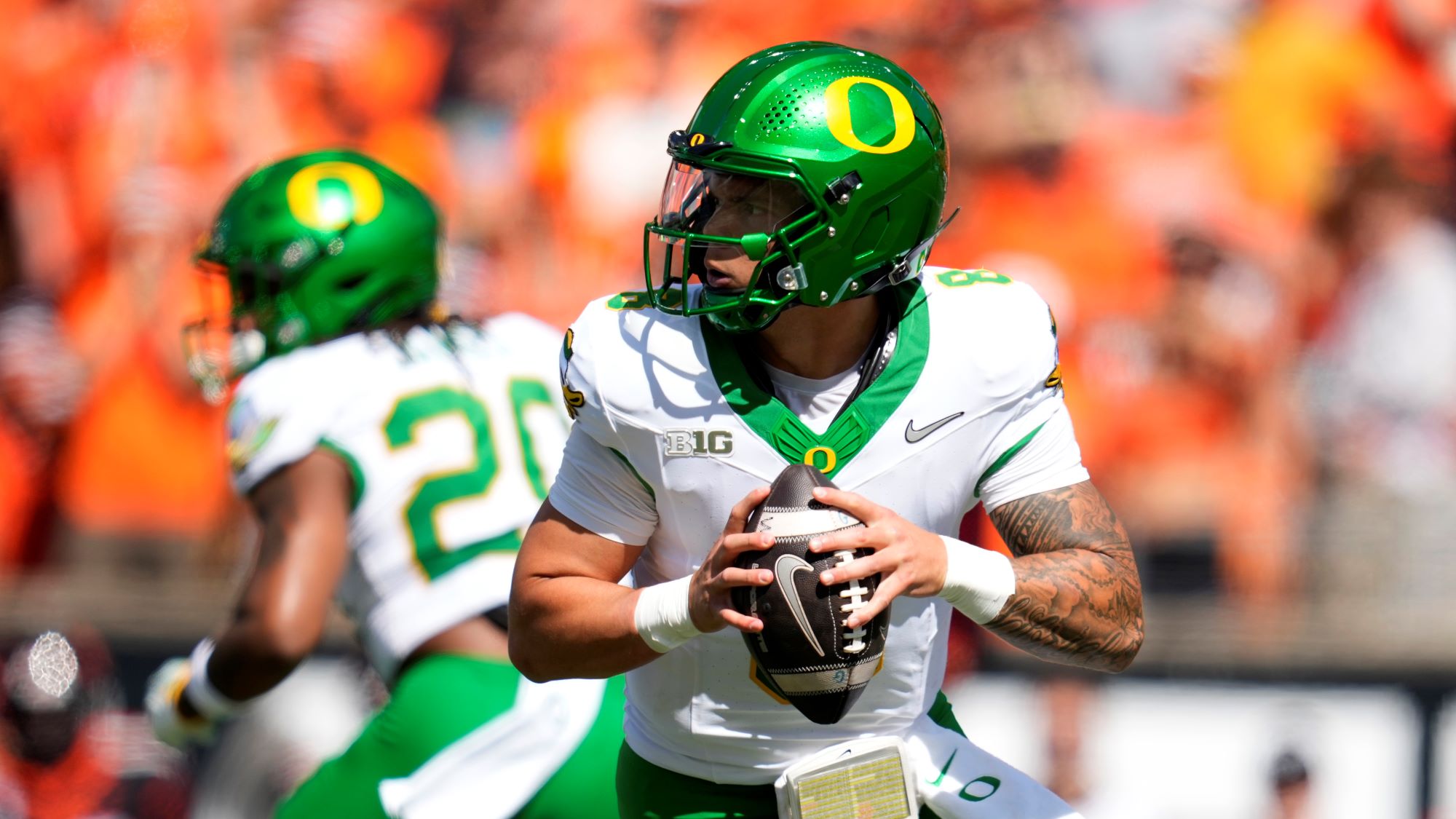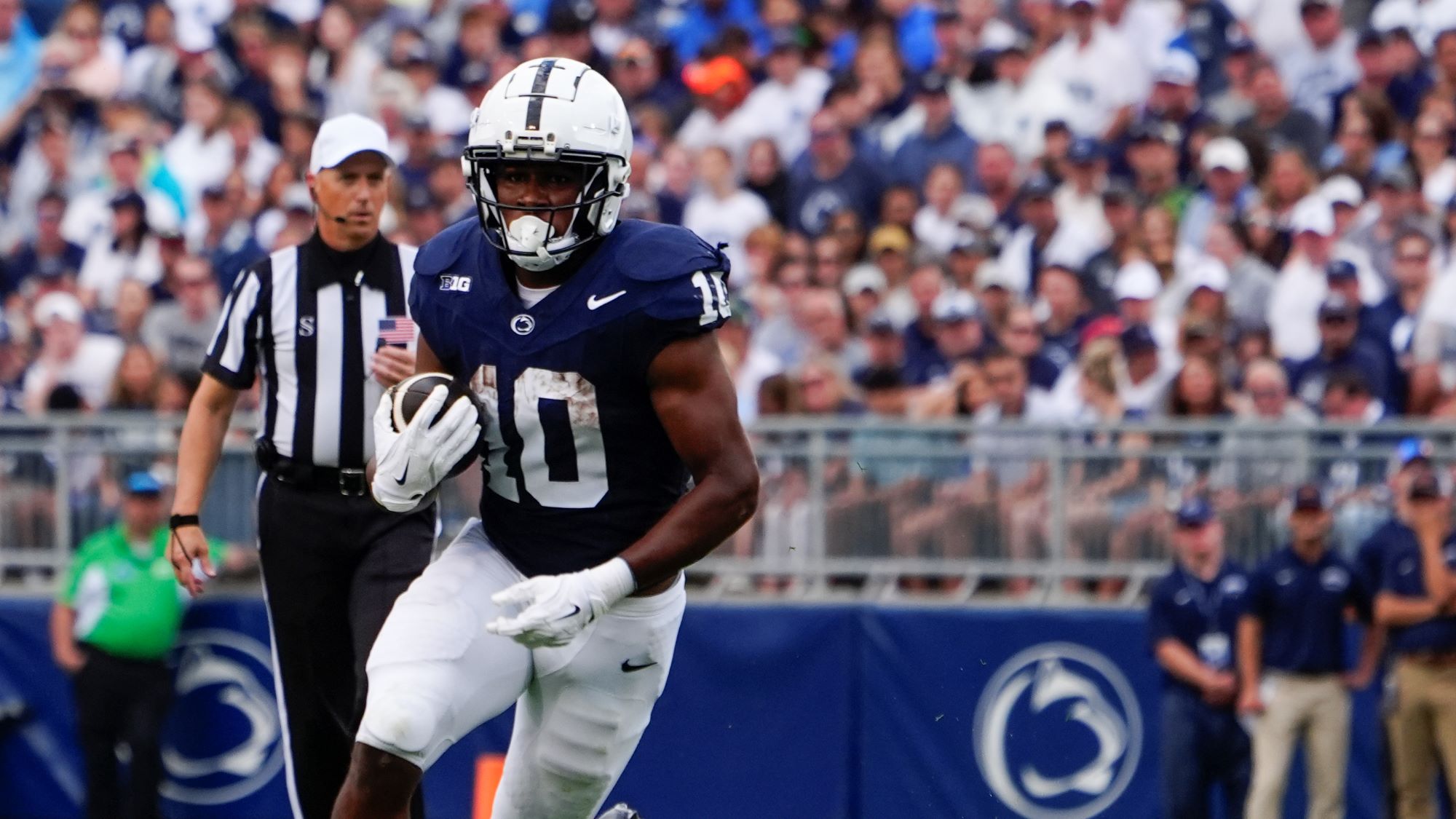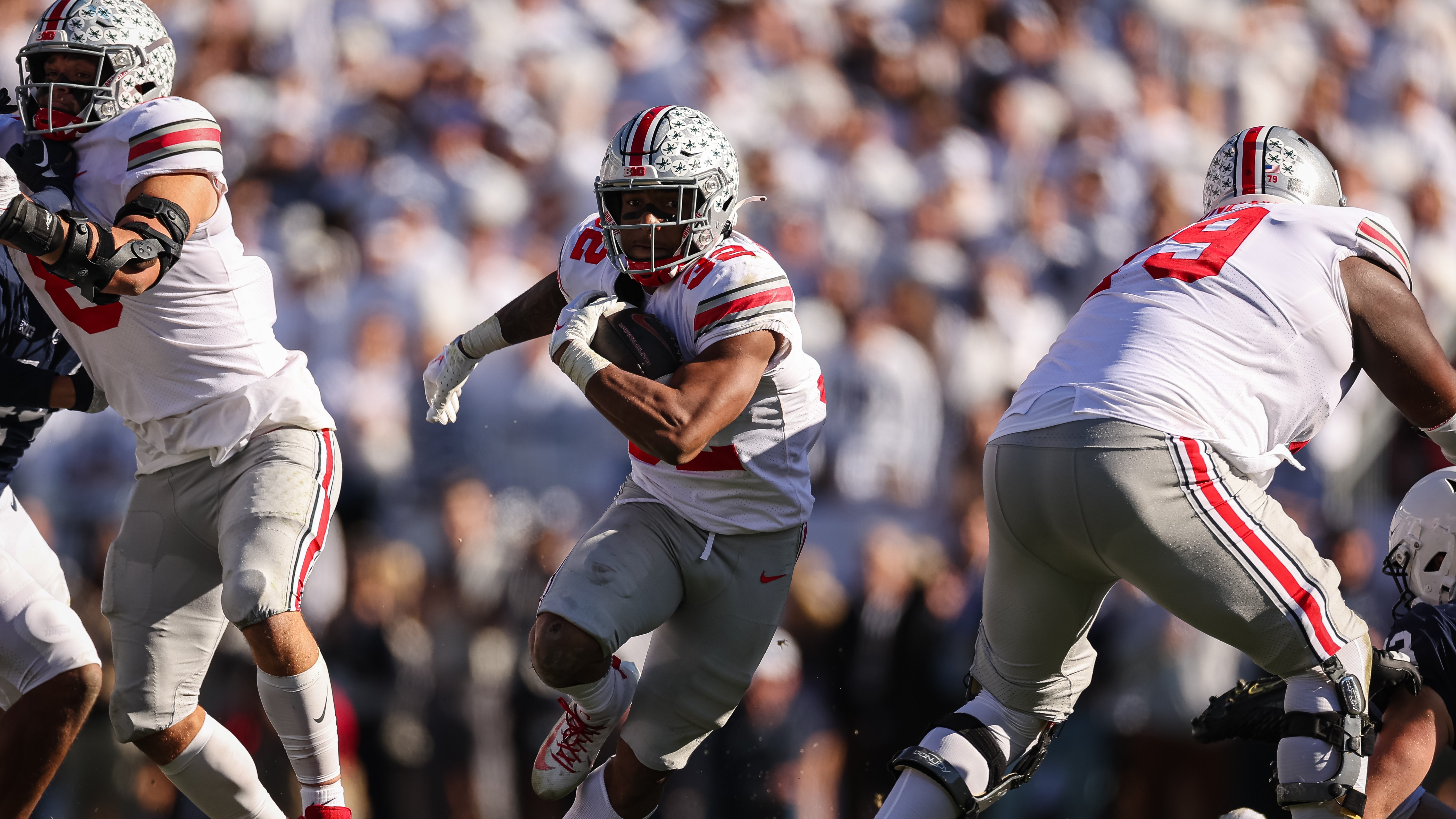How much data is needed to stream Hulu?
Don't break the data bank!
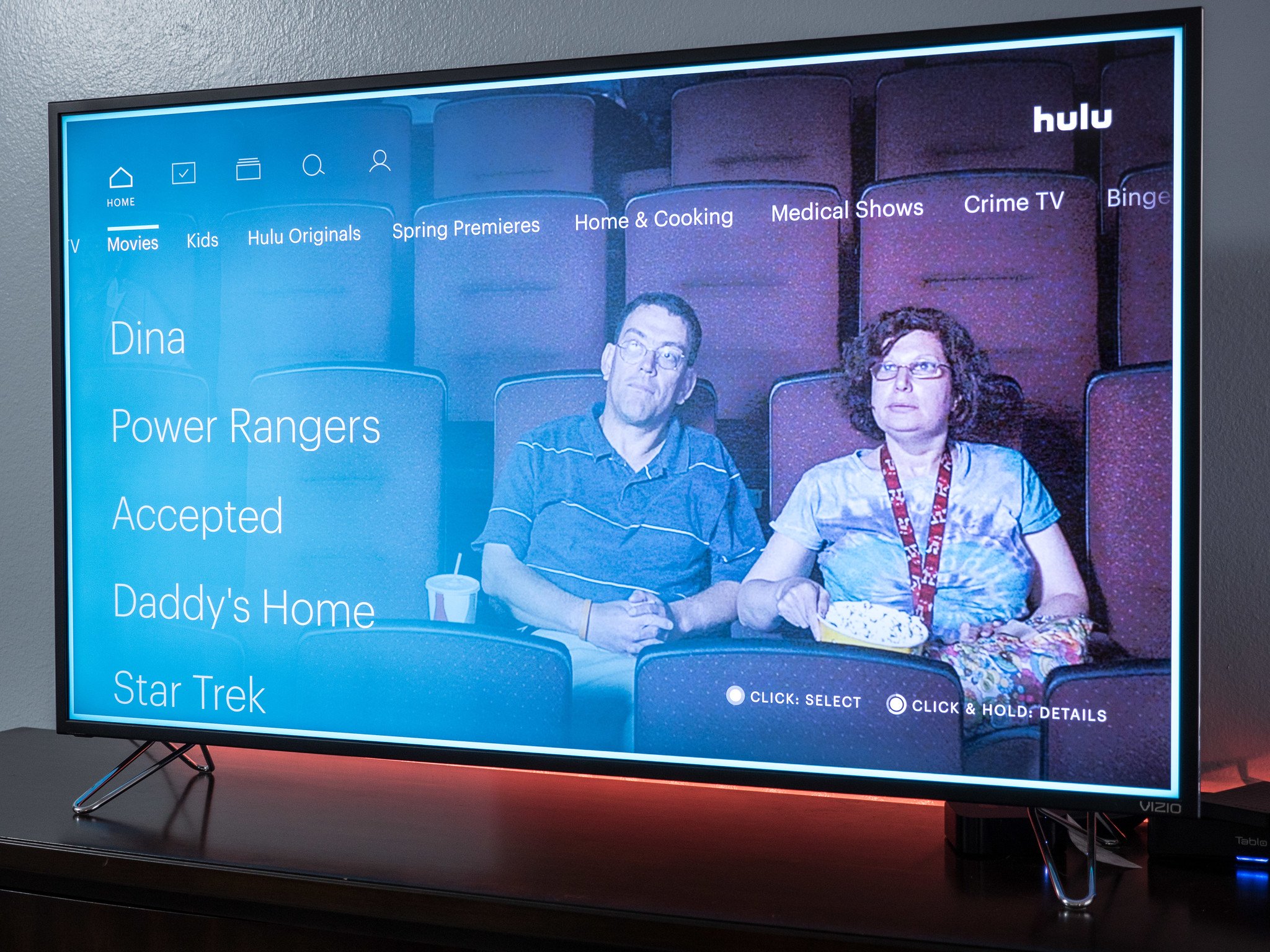
The decision to cut the cord comes with a few concessions. For example, your new cable substitution might be missing a few channels that you're used to having. Also, instead of said channels being identified by a traditional numbering system, you'll most likely have to adjust to them being listed by their respective names. All of this isn't so bad but the biggest adjustment could very well be to your internet service plan.
If you're dropping cable, you'll most likely be streaming the bulk of your entertainment. This means you'll probably want to review or bolster your internet service plan to ensure you're ready for this exciting endeavor. Today, we're going to single out Hulu and get an idea of what's in store for would-be customers.
At a minimum
It won't cost much to have standard definition imagery occupying space on your fancy 4K TV . Hulu says it can crank out good old SD content with a modest 1.5 Mbps connection. This likely won't break any data caps imposed by your ISP but such a thing could very well cause emotional damage to anyone who values picture quality.
Getting better
Even if you've invested in a high-end Dolby Vision capable 4K TV, regular high-def content actually isn't that bad. In fact, a large number of over-the-air TV channels broadcast in 720p. This brings us to Hulu's next level in picture quality. To dip your foot into the HD pool, you'll need at least a 3 Mbps data connection. Although this isn't a razor sharp resolution, the company's live TV service (8Mbps required) offers playback at up to 720p at 60 frames per second. This is definitely a sweet spot for many and sports look great under this setting.
Now we're talking!
Get the What to Watch Newsletter
The latest updates, reviews and unmissable series to watch and more!
Spoiler alert! Currently, Hulu doesn't support 4K playback . The service's maximum resolution is 1080p. To put things in perspective that's the same video fidelity found in standard HD Blu-ray movies. So by no means is this a bad thing. To take advantage of Hulu's highest video resolution, your internet connection needs to maintain a benchmark of 6 Mbps or better. As of right now, 1080p resolution is limited to archived content, so no high-resolution live TV just yet.
Further reading and some caveats
On the surface, Hulu's technical requirement sound very reasonable and to be honest they are. But keep in mind these low numbers work under the most ideal circumstances. Most internet connections fluctuate especially, when a network is under a heavy load. As a safeguard, you'll want to make sure that you have adequate equipment to get the job done.
If possible, you'd want to start with at least a 10Mbps connection. This will definitely clear Hulu's required specs and give you a little bit of a cushion just to be on the safe side. You'll also want to have a talk with your ISP and review how your service plan works. It's possible you could be set to a cap limiting the amount of data your household can use before incurring penalties. Restricted service plans can range from 250GB to a 1TB per month limit with overage fees starting at around $10 for an additional 50GB of data. Cover your wallet! Call your ISP and know what you're working with.
Follow this outline and you'll be powering through episodes of The Handmaid's Tale and Marvel's Runaways in no time.


